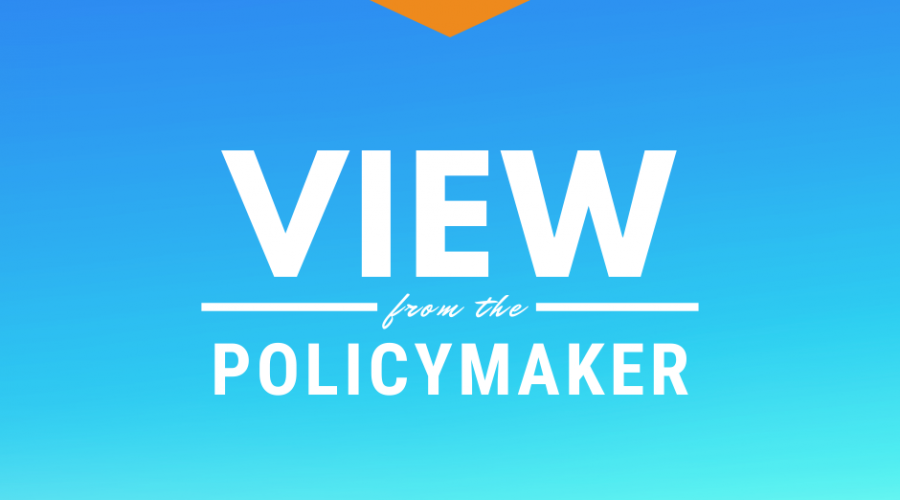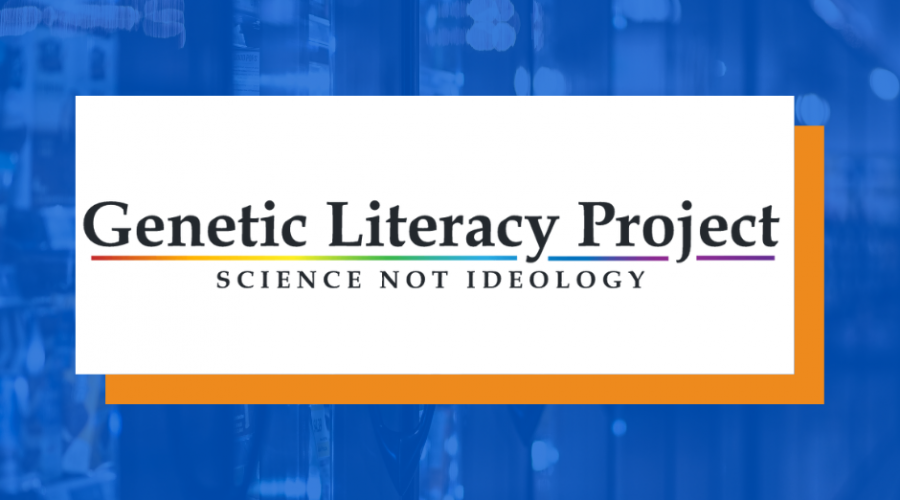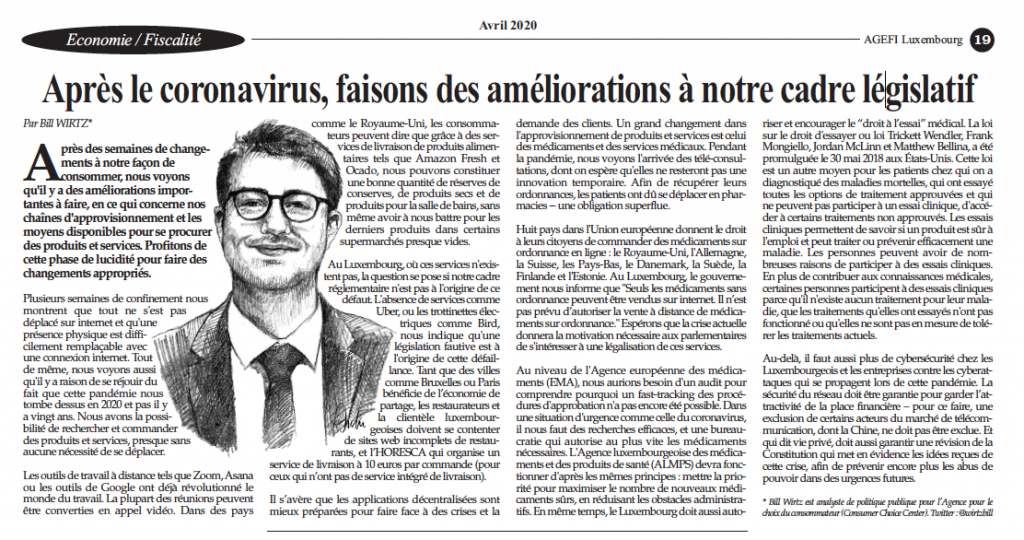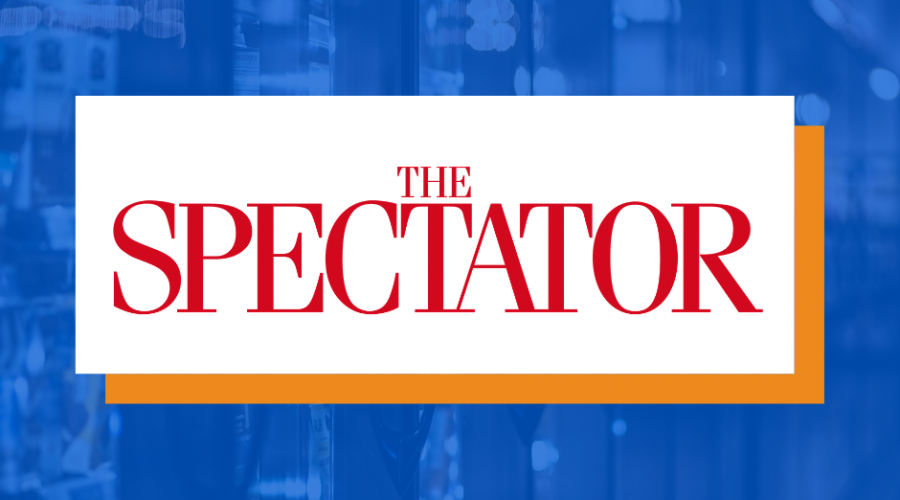Health advocates are using this crisis to further restrict alcohol
Global health advocates do not have their priorities straight, argues Bill Wirtz
With the recent news that has revealed the structural deficiencies of the World Health Organisation (WHO), one would believe the UN’s global health body would be interested in laying low on other issues that would make it unpopular. However, in some strange death wish, the WHO can’t help itself in getting back to what it wants to do most: regulate your consumer behaviour.
In a recent recommendation, the WHO called upon governments around the world to restrict the consumption of alcohol as it can lead to a higher risk of contracting COVID-19. Europe marks the particular focus of the organisation, which considers that new restrictions during the lockdown are a prerequisite for public health. But the evidence that the experts could base themselves on is flimsy at best, as our knowledge of coronavirus is overall complicated, with control groups unlikely to be large, and none of the studies being peer-reviewed.
Other than that, the WHO conflates alcohol use immediately with alcohol abuse. Yes, in countries such as the United States, alcohol sales increased by 55% over a one-week span last month, according to market research firm Nielsen. However, this number is equally likely to be related to the wave of panic-buying consumers, and the fact responsible consumers are stocking up on wine or beer for their lunches and dinners. The overwhelming majority of consumers has an adult sense of how to handle booze, and the suggestion that they are in dire need of regulation is purely paternalistic.
In “The Case for Defunding the WHO” in July 2018, I argued on this very platform that the spending of this body is wasteful and their priorities are misplaced. The WHO has a history of coddling dictators: Director-General Tedros Adhanom was quick to name Zimbabwe’s long-time dictator Robert Mugabe a “Goodwill Ambassador” of WHO. Be it Turkey, which has heavily restricted the sale and advertising of alcohol, or Iran, where the sale of alcohol is completely illegal, the UN health body seems to take its policy clues from the most religiously inspired prohibitionists on the planet.
In a 2017 document, the WHO lauds a myriad of additional alcohol labelling examples.
While the world is battling the coronavirus crisis, the European Alcohol Policy Alliance (EUROCARE) is going after sports alcohol sponsorship in Scotland. In the press release from EUROCARE, the group says:
“Millions of people – including children and young people – are exposed to alcohol sponsorship. The evidence is clear that alcohol marketing exposure is a cause of binge drinking and drinking onset among young people. It also influences their attitudes and increases their likelihood of developing problems with alcohol later in life.”
Naturally, these activists are not referring to specific evidence that points to this phenomenon. With children at a young age picking up smoking, including cannabis – both not advertised in any way – points to the conclusion that sponsorship is hardly the origin of substance abuse.
In fact, when we look at this problem we quickly figure out that it is not sponsorship in sports, or sponsorship altogether that is the problem for these groups, but alcohol in itself. Kids have always been drawn to risky products. But these groups are the new prohibitionists, unable to contain themselves until they have banned every last drop of fun.
Ultimately, what sponsorship cannot be seen by children? Be it advertisement in public transport or bus stops, or any TV channel or radio show: children can technically hear and see all advertising that adults have access to. The channels that are children-only already don’t feature these ads and online portals such as YouTube allow for parental control that blocks all age-inappropriate pop-ups.
We should also stress that it should first and foremost be the obligations of parents to protect their children from harm, by educating them about appropriate and safe alcohol use. Delegating this responsibility to government agencies will culminate in an avalanche of bureaucracy that is not in the interest of consumer choice.
Banning ads in the name of protecting children is a backdoor to blatant bans on advertising for products altogether. Other vices are also at risk, as the press release also reveals:
“This research comes at a time when the place of gambling in sport has been called into question and we need to consider the propriety of linking any addictive and health-harming product with sport.”
The reality is this: consumers want products, and they want to safely enjoy vices such as alcohol. We should aim for responsible and educated consumers, as opposed to blatant patronising bans. Substance abuse is a real problem, yet we need to recognise that there are underlying problems that explain it, going beyond mere sponsorship.
Whether or not alcohol is advertised has no impact on unemployment or any other personal hardship that leads to excesses in alcohol use. These problems need solving through different educational and social institutions, and most importantly through improved personal relationships. We as a society have a responsibility to our friends and family, more than any governmental institution may proclaim to own.
Advertising plays an important role for consumers: it informs them about new and better products and allows for competition. Advertising is the extended arm of consumer choice, and ought to be protected.
Originally published here.
The Consumer Choice Center is the consumer advocacy group supporting lifestyle freedom, innovation, privacy, science, and consumer choice. The main policy areas we focus on are digital, mobility, lifestyle & consumer goods, and health & science.
The CCC represents consumers in over 100 countries across the globe. We closely monitor regulatory trends in Ottawa, Washington, Brussels, Geneva and other hotspots of regulation and inform and activate consumers to fight for #ConsumerChoice. Learn more at consumerchoicecenter.org
















